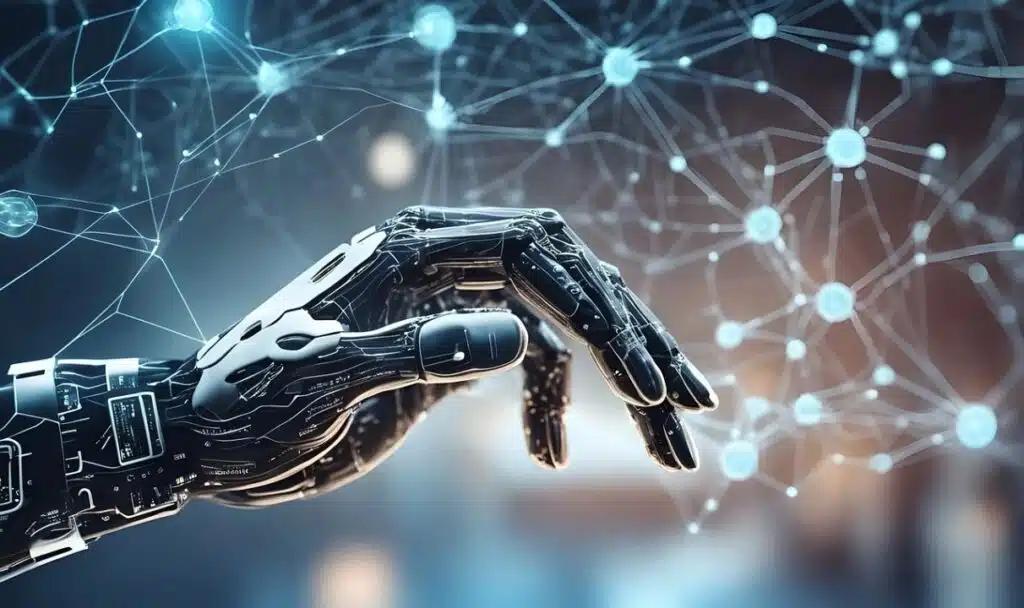Introduction:
In the vast tapestry of human history, few threads shine as brightly as that of technology. From the earliest tools fashioned by our ancestors to the dizzying array of digital innovations that define the modern age, technology has been the driving force behind human progress. In this comprehensive exploration, we embark on a journey through the evolution of technology, its profound impact on society, and the exciting frontiers that lie ahead in the ever-expanding realm of innovation.
The Evolution of Technology:
The story of technology begins with the ingenuity of early humans, who crafted simple tools from stone, bone, and wood to meet their basic needs. These humble beginnings laid the foundation for the advancements that would shape the course of human history.
The invention of the wheel around 3500 BCE marked a monumental leap forward, revolutionizing transportation and commerce. It enabled the construction of wheeled vehicles, facilitating trade and communication across vast distances.
As civilizations flourished, so too did their technological prowess. The ancient Egyptians pioneered the construction of monumental structures like the pyramids, while the Greeks and Romans engineered sophisticated aqueducts, roads, and bridges.
The Middle Ages brought innovations such as the printing press, which revolutionized communication and education by making books more accessible. The Renaissance period saw a resurgence of scientific inquiry and discovery, laying the groundwork for the modern scientific method.
The Industrial Revolution of the 18th and 19th centuries marked a turning point in human history, with the advent of steam power, mechanization, and mass production. Innovations such as the steam engine, the spinning jenny, and the telegraph transformed industries, economies, and societies, ushering in the modern era.
The 20th century witnessed unprecedented advancements in technology, including electricity, the telephone, the automobile, and the computer. The invention of the internet in the late 20th century heralded the dawn of the digital age, connecting people and information like never before.
Today, we stand on the threshold of the Fourth Industrial Revolution, characterized by the fusion of digital, physical, and biological technologies. Innovations such as artificial intelligence, blockchain, biotechnology, and renewable energy are reshaping industries, economies, and societies in profound ways.
The Impact of Technology:
Technology has had a profound impact on society, transforming every aspect of our lives, from how we work and communicate to how we learn and entertain ourselves. It has revolutionized industries such as healthcare, finance, transportation, and entertainment, creating new opportunities for innovation, growth, and prosperity.
One of the most significant impacts of technology is its role in democratizing access to information and knowledge. The internet has made it possible for people around the world to access vast amounts of information instantaneously, breaking down barriers to education, communication, and collaboration.
Technology has also transformed the way we communicate and interact with each other. Social media platforms like Facebook, Twitter, and Instagram have revolutionized how we share information, connect with others, and build communities online. Messaging apps like WhatsApp and WeChat have made it easier than ever to stay in touch with friends and family, no matter where they are in the world.
However, technology has also raised concerns about privacy, security, and the impact of automation on jobs and the economy. The rise of artificial intelligence and robotics has sparked debates about the future of work and the ethical implications of autonomous systems.
The Opportunities and Challenges of Technology:
While technology presents numerous opportunities for innovation, growth, and progress, it also poses significant challenges and risks. One of the biggest challenges is ensuring that technological advancements are used for the benefit of all humanity and do not exacerbate existing inequalities.
Another challenge is navigating the ethical and social implications of emerging technologies such as artificial intelligence, biotechnology, and autonomous systems. Questions about data privacy, algorithmic bias, and the potential for technology to be used for surveillance and control are becoming increasingly urgent.
Despite these challenges, technology has the potential to address some of the most pressing issues facing humanity, from climate change and healthcare to education and social justice. By harnessing the power of technology for good, we can create a more sustainable, equitable, and prosperous future for all.
Conclusion:
Technology is a force that has shaped the course of human history, driving progress, innovation, and transformation. From the earliest tools of our ancestors to the digital marvels of today, technology continues to push the boundaries of what is possible and inspire us to reach new heights.
As we navigate the ever-changing landscape of technology, it’s essential to approach it with mindfulness, critical thinking, and a commitment to using it for the greater good. By embracing innovation, fostering collaboration, and addressing the ethical and social implications of emerging technologies, we can harness the power of technology to create a better world for future generations.

